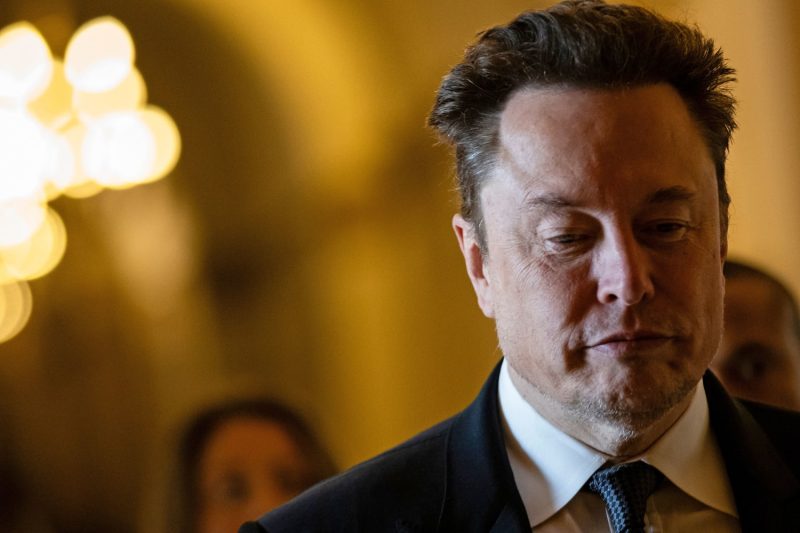In the high-stakes game of global internet coverage, Elon Musk’s SpaceX and its subsidiary project, Starlink, currently face a strenuous challenge in Brazil. The telecom regulator in Brazil, the National Telecommunications Agency (Anatel), has accused the companies of operating without proper licenses. The incredible sum of $1 million per day has been stated as a potential fine if they continue to allegedly evade the imposed ban.
Elon Musk, the renowned billionaire and CEO of SpaceX, has a vision for Starlink as a global internet provider, making use of satellite technology to offer broadband service. Starlink aims to serve those areas around the globe that have traditionally been out of reach from terrestrial internet providers, thereby bridging the digital divide. However, running afoul of various international regulations could pose significant roadblocks in achieving this vision.
Moves on the Regulatory Chessboard
Anatel maintains the stance that Starlink has been illicitly offering pre-sale satellite dishes to Brazilian customers without the required approval. Brazilian consumers have reportedly been able to make upfront payments to reserve the Starlink Kit, containing the famed UFO-on-a-stick satellite dish, for the price of $499. Anatel, not viewing this favorably, has imposed a ban and intends enforcing a fine worth 5 million reais per day (nearly $1 million) if SpaceX and Starlink continue to overlook the licensing requirement.
The Next Moves for SpaceX and Starlink
SpaceX and Starlink have snaked their way through multiple hurdles in the past, and this one might not be so different. Musk’s companies might need to swiftly secure licensing from Anatel if they wish to continue their operations in Brazil. This might also set a precedent for their activities in other countries, where state regulators could equally assert their authority over the Starlink project.
It’s not entirely unusual for new technology innovations, especially in the telecom sector, to confront regulatory challenges. Brazil’s Anatel, like many other national telecom agencies worldwide, has the necessary mandate to assess new technologies, their respective impacts, and ensure they work within the jurisdiction’s regulatory framework. As such, this clash between SpaceX, Starlink, and Anatel represents a typical interplay between innovation and regulation.
In the meantime, the threatened fines represent a significant financial challenge for SpaceX and Starlink. Even for a billionaire like Musk, a fine of $1 million per day is no small matter. Strategic negotiations, diplomacy, and demonstrating a clear adherence to Brazilian regulations will of course be crucial aspects in resolving this standoff.
The Risk and Reward of Global Expansion
This issue highlights the risk and reward associated with global expansion for any business entity. On one hand, a global reach allows companies like SpaceX and Starlink to tap into vast untapped markets; on the other, it also exposes the companies to various regulatory regimes that might have stringent requirements.
The situation of SpaceX and Starlink in Brazil is just one of the multiple hurdles on the road to global internet coverage. By understanding the regulatory dynamics in each market, companies can better prepare themselves for global expansion and disruption. Though daunting, these challenges are essential steps on the path towards a world where every single person has access to high-speed internet.




